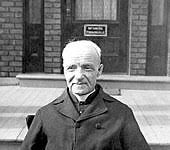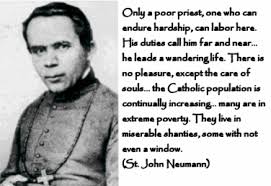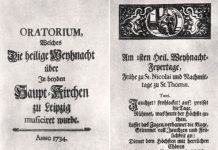G. K. Chesterton, Orthodoxy
Men of science offer us health, an obvious benefit; it is only afterwards that we discover that by health, they mean bodily slavery and spiritual tedium. Orthodoxy makes us jump by the sudden brink of hell; it is only afterwards that we realize that jumping was an athletic exercise highly beneficial to our health. It is only afterwards that we realize that this danger is the root of all drama and romance. The strongest argument for the divine grace is simply its ungraciousness. The unpopular parts of Christianity turn out when examined to be the very props of the people. The outer ring of Christianity is a rigid guard of ethical abnegations and professional priests; but inside that inhuman guard you will find the old human life dancing like children, and drinking wine like men; for Christianity is the only frame for pagan freedom. But in the modern philosophy the case is opposite; it is its outer ring that is obviously artistic and emancipated; its despair is within.
And its despair is this, that it does not really believe that there is any meaning in the universe; therefore it cannot hope to find any romance; its romances will have no plots. A man cannot expect any adventures in the land of anarchy. But a man can expect any number of adventures if he goes travelling in the land of authority. One can find no meanings in a jungle of scepticism; but the man will find more and more meanings who walks through a forest of doctrine and design. Here everything has a story tied to its tail, like the tools or pictures in my father’s house; for it is my father’s house. I end where I began—at the right end. I have entered at last the gate of all good philosophy.










